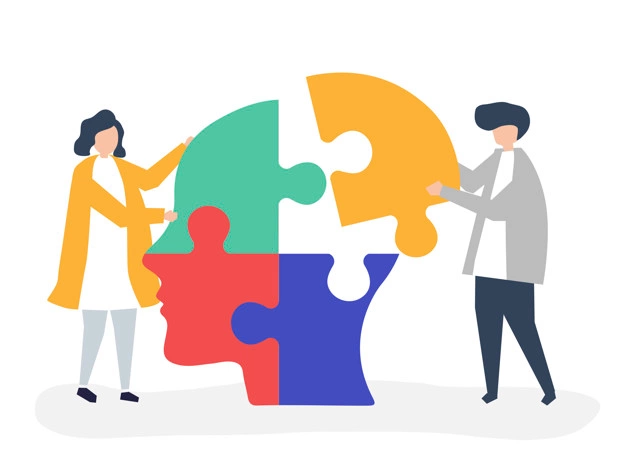Volume 7 Issue 1 January, 2017
Most of you who are reading this have obviously downloaded this file from internet and it hardly requires an introduction. We all invariably have access to it through one or the other form and spend varying amount of time
working with internet. In this era of smartphones which most of us flaunt, it has reached a stage that it is almost
impossible to lead a complete life without internet. In such a situation, where everyone uses internet and are dependent on it for communication, productivity, banking and most importantly entertainment purposes, an increasing
number of hours are spent on internet but how fair it is to compare excessive use of internet to addictions such as
alcohol, opioid etc. This is a topic of hot debate in mental health and Internet Addiction has not yet been included as
a mental or addictive disorder in diagnostic manuals like DSM and ICD. Nevertheless, there are early but considerable
research evidences to state that excessive internet use is very much related to other addictive disorders and existing
criteria for addictive disorders do apply to internet addiction as well.
There are many definitions given for IA and one of the more pronounced ones are “IA is a psychological
dependence on the Internet, regardless of the activity once logged on and characterized by excessive or poorly
controlled preoccupations, urges, or behaviors regarding computer use and Internet access that lead to impairment
or distress”. Similar to addictive disorders, person with IA has craving to use internet and preoccupied with it, having
a lack of control on initiating, limiting or cutting down the usage, increasingly more time spent on internet to achieve
the satisfaction similar to tolerance in addictions. Due to this, he may have significant problems in relationships, job
and financial aspects and yet he is reluctant to limit the use but may even use it as a mode of sole pleasure or relieving
the negative mood states. Similar to withdrawal symptoms, person with IA may have significant symptoms when he
could not get access to internet like restlessness and agitation, depressed and anxious mood, irritability, fatigue,
changes in sleep, appetite and libido, and even aggression.
Internet is a broad term encompassing all types of online as well as offline features like social networking,
emailing, banking and productivity, shopping and sales, information sharing, entertainment mainly in the form of
multimedia and especially video formats. Potentially IA can be in any of these aspects of internet usages. Cybersex,
online gaming and gambling needs a special mention as it has got serious adverse outcomes. Online shopping is also
increasingly replacing the real markets and may pose a problem in vulnerable individuals.
Though there are no clear guidelines for diagnosis, there are quite a few validated tools to help in identifying
IA like Young Internet Addiction Test (IAT) , the Compulsive Internet Use Scale (CIUS) , the Excessive Internet Use
Scale (EIU) , the Problematic Internet Use Questionnaire (PIUQ) , the Chen Internet Addiction Scale (CIAS) , The
Addiction Profile Index Internet Addiction Form-Screening Version (BAPINT-SV) , the Internet Addiction Proneness
Scale (KS scale) , and Young’s Diagnostic Questionnaire (YDQ). The prevalence of IA across studies varies widely
from 1-18.7%. There are many strategies for management of OA under research. There are considerable successes
with antidepressant medications such as SSRIs and Bupropion. Stimulants like Methyl Phenidate also has been tried.
Various forms of behavioral interventions on similar lines with other addictions have been tried. However, one thing
to note is the concept of complete abstinence from Internet use may not be realistic goal like other substances but
controlling the use by removing unwanted applications and reducing hours spent to minimum possible often helps.
To summarize, IA is not yet marked as a diagnosable mental illness with clearly laid down criteria but definitely
fits into addictions. It has to be carefully distinguished from normalcy when interventions are attempted. Interventions
are warranted when a person with excessive or problematic usage of internet has trouble in leading a reasonably
productive life expected out of him or others being affected by that person’s behaviors.

Basaveshwara Medical College and Research Center, Chitradurga. Email: dpuk@gmail.com


